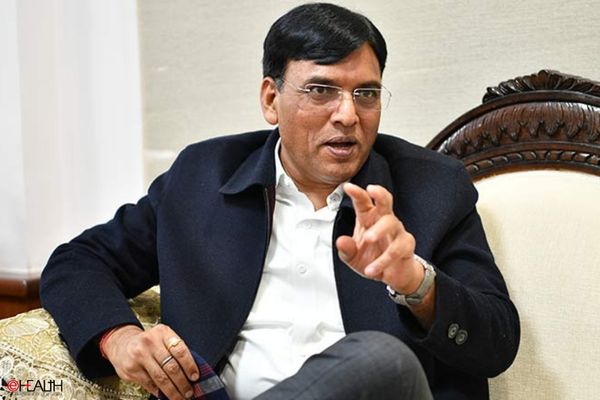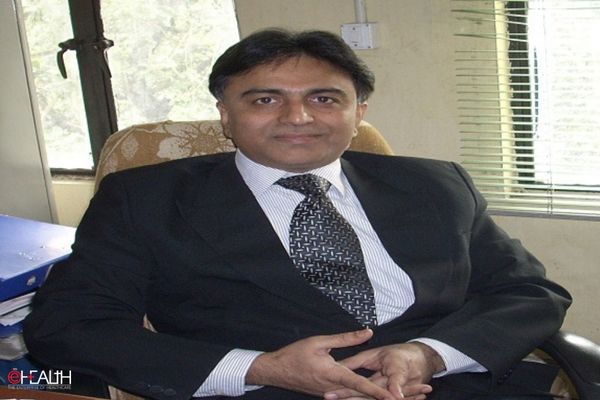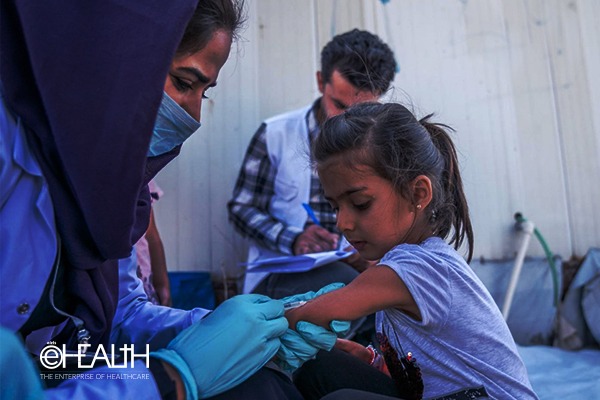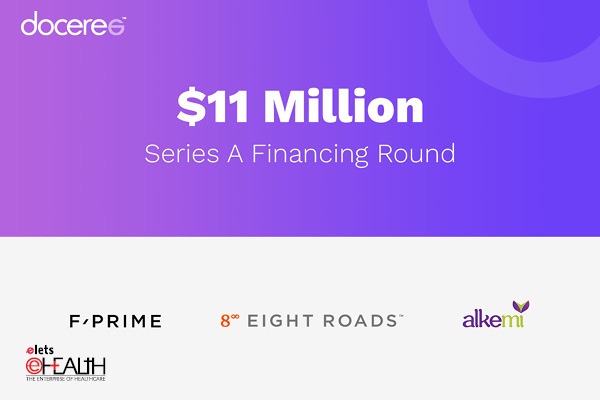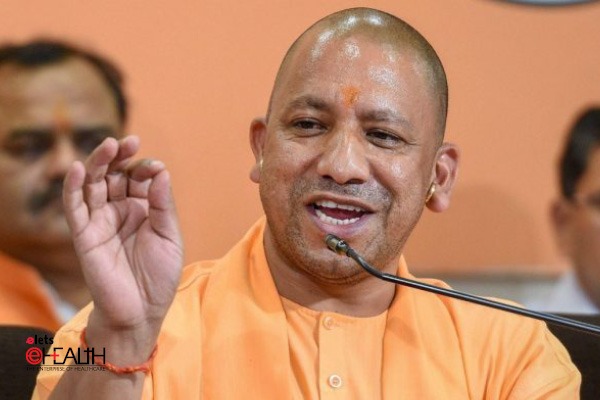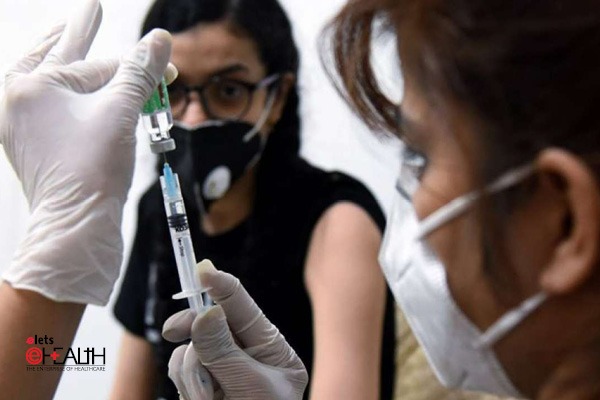In a move that would prevent MNCs such as GlaxoSmithKline (GSK), Eli Lilly, Roche and Pfizer from selling their drugs at a huge premium in India, the government may soon finalise norms for monitoring prices of costly imported patented medicines for diseases such as diabetes, arthritis, obesity, cancer and heart diseases. The government finds it difficult to keep a check on prices of imported medicines even if they are under price control as it has no means of verifying production cost. Under the new norms, the government will negotiate prices for imported medicines for identified diseases based on prices of the same medicine in other markets and the cost of production estimated by it, an official said. For other imported patented drugs, the companies would be expected to voluntarily keep prices lower in India. “The move will ensure that essential medicines remain affordable in the country,” a government official said. The department of pharmaceuticals has held discussions on the issue with the industry. At present, imported brands circumvent price control norms as the drug price regulator, National Pharmaceutical Pricing Authority (NPPA), has no means of verifying their production cost. To determine the cost, NPPA relies on MNCs’ version of the production cost and sets profit margins as a percentage of their landed costs. As the margin is decided in percentage terms, raising the landed cost helps MNCs get a higher margin. The move is expected to benefit consumers as big pharma companies launch their patented medicines in the country at high prices and with a 20-year patent protection resulting in monopoly pricing. The proposed pricing mechanism for patented drugs would ensure that essential medicines not available here due to patent protection are affordable. While the MNCs are ready to negotiate prices for essential drugs, they want to restrict it for government’s bulk procurement programme and supplies to government hospitals. Price negotiation for monopoly drugs was first suggested by a panel chaired by Pronab Sen. The ministry of chemicals and fertilisers appointed a high-level government committee in February 2007 to look into high cost of new medicines in the country. The committee chaired by a deputy secretary in the department of pharmaceuticals comprises representatives from the NPPA, department of industrial policy & promotion (Dipp), National Institute of Pharmaceutical Education & Research (NIPER) and the Drug Controller General of India (DCGI).

Be a part of Elets Collaborative Initiatives. Join Us for Upcoming Events and explore business opportunities. Like us on Facebook , connect with us on LinkedIn and follow us on Twitter , Instagram.


